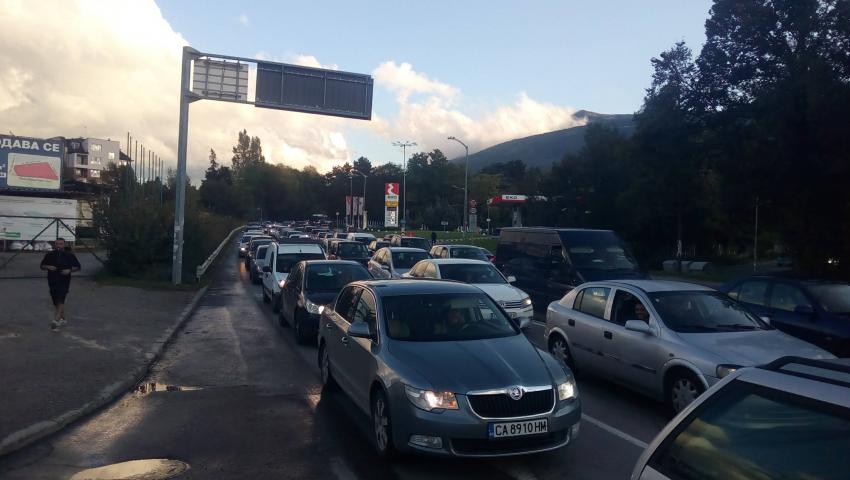EAPH: Bulgaria to limit traffic in the central parts of the city in order to deal with the dirty air

Most urban areas in Bulgaria need to limit traffic in order to combat rising levels of air pollution. This was called for by the European Alliance for Public Health (EPHA), a call based on a new comprehensive study on transport. The ban on polluting vehicles could stop pollution by up to 23% and 36%, respectively, of harmful particulate matter (PM) and nitrous oxide (NOx) in large cities with more than one million inhabitants, thus saving up to 130 million EUR per year from health and other expenditure, according to a study conducted by the European Public Health Alliance (EPHA). The organization represents more than 80 NGOs in the field of public health, patient groups, health professionals, patient groups and organizations to combat health inequalities, including the Bulgarian Association for Patient Protection (BAPP), reminds Bulgaria On Air.
Air pollution is the number one cause of premature death as a result of environmental factors, according to the European Environment Agency, with the highest figures in large cities. According to the World Health Association (WHO), air pollution causes diseases that are associated with higher death rates than Kovid-19. Restrictions resulting from the pandemic imposed in March 2020 quickly cleared the air. But the pollution is coming back, and in some big cities it's even worse now than it was before the pandemic. Since 2011 Bulgaria has been in violation of EU Air Quality Rules.
Reducing polluting vehicles from cities such as Milan, London, Krakow and Athens has performed best by removing PM and NOx pollution from traffic by up to 23% and 36% respectively, and saving in the most populated cities. up to approximately € 130 million per year from health and other expenses.
Charging an entrance fee to similar vehicles when entering major cities such as London, Stockholm, Gothenburg and Milan reduced PM by up to 17% and NOx by up to 12%, saving up to approximately € 95 million in social costs. In order to function well, both types of schemes must be significant in size and backed by good control by the authorities. Vehicle scan cameras and other infrastructure make it more expensive to set up both schemes, but the fees quickly recoup these costs. Investing in pollution requires more active transport, with public spaces increasing prosperity and further lowering social costs.
In comparison, the cost of and availability of municipal parking is cheap to charge, and since car ownership is strongly influenced by the availability of parking spaces, this tool proves to be effective. In the few cases where it has been explicitly applied specifically to reduce pollution, it has achieved reductions of 5-10%, as researchers have found. Allocating special space for cycling and walking is expensive, especially in densely populated cities, relative to small profits.
Reneta Ilieva, project coordinator at the Bulgarian Patient Protection Association, explained that: "15,000 people die every year in Bulgaria from air pollution. Policies to improve air quality in major cities have not been successful in recent years. , but what is worse is that nothing different is being done to improve the quality of life of citizens, almost no new measures are being implemented, air pollution is reaching extreme levels and PM2.5 is not being measured. to switch to environmentally friendly transport and at the same time taxes are too high, which is unaffordable for the majority of the population. ”
Mayors need to adopt a wide range of measures appropriate for their cities, EPHA says, with effective options available regardless of budget level.
